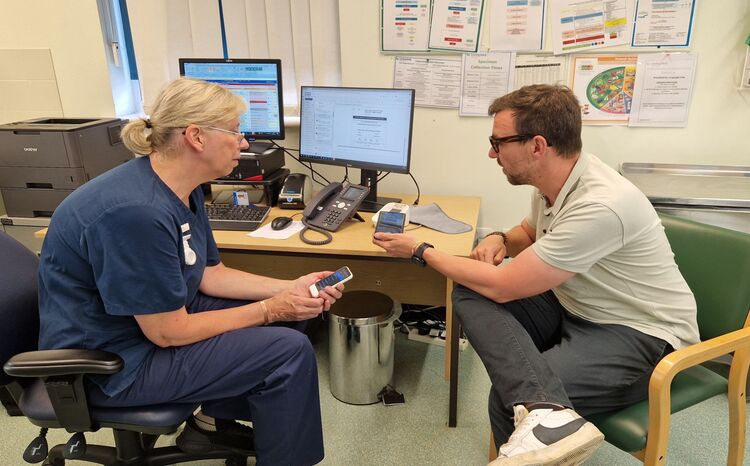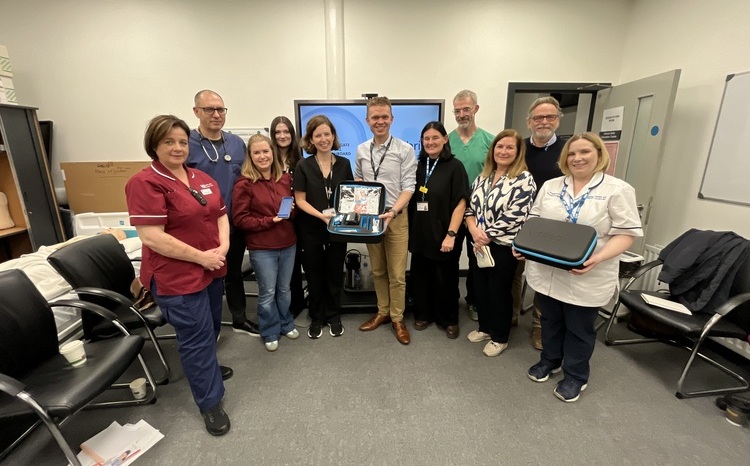PAC gives NPfIT six months to deliver CRS
- 27 January 2009
The National Programme for IT in the NHS should be given six months to get effective care record systems into acute trusts, the House of Commons Public Accounts Committee has concluded.
After that, it says the Department of Health should “assess the financial case for allowing trusts to put forward applications for central funding for alternative systems compatible with the objectives of the programme.”
Despite its desire to see strategic care record systems deployed speedily, the latest report from the PAC says the DH should assess the capacity of the national programme’s two, remaining local service providers – BT and CSC – to see whether they are capable of meeting “their substantial commitments.”
In particular, it says this should be done before trusts in the South take systems supplied by the LSPs. However, it notes there are “considerable problems with existing deployments of [Cerner] Millennium” and “serious concerns about the prospects for future deployments of [iSoft] Lorenzo” – the two strategic systems on offer.
Indeed, the PAC says plans for the deployment of Lorenzo across the North, Midlands and East of England “should only follow successful deployment and testing in the three early adopter trusts.”
Lorenzo is currently in limited use at South Birmingham Primary Care Trust and University Hospitals of Morecambe Bay NHS Foundation Trust, with a further deployment due in Bradford.
Despite the moderate tone of the PAC’s report, chair Edward Leigh said: “The risks to the successful delivery of the National Programme for IT in the NHS are as serious as ever.
"Essential systems are late or, when deployed, do not meet the expectations of clinical staff. Estimates of costs are still very unreliable and, despite action to secure their commitment, many NHS staff remain unenthusiastic.
"Trusts should not be expected to deploy care records systems that are not working properly. If there is no improvement in this situation within six months, then the DH should consider allowing trusts to apply for funding for alternative systems.”
The PAC issued a critical report on the national programme in 2006, and then ordered the National Audit Office to conduct a further review, on which it held hearings last year. Richard Bacon, a member of the committee and long-standing critic of the programme, went further than Leigh in his response to the latest investigation.
“In its current form, the programme is in deep trouble from which it is unlikely to recover,” he said. “The programme’s central aim was to create detailed electronic patient records but this is now so far behind schedule that hospitals are walking away. Hospital trusts should now be free to buy the systems they want, subject to common standards, and they should be funded to do this through the national programme.”
Bacon also issued a statement directing journalists to E-Health Insider’s exclusive story about Worthing and Southlands NHS Trust potentially ditching its Millennium system as an example of the kind of problem that the national programme was facing.
The PAC report also examined the first benefits statement for the programme and said that future statements should be audited by the Comptroller and Auditor General.
It was also highly critical of the confidentiality agreements that the DH has entered into with CSC regarding reviews of the delivery arrangements for Lorenzo. It said these were “unacceptable” because they “obstruct Parliamentary scrutiny of the DH’s expenditure.”
The DH claimed it was pleased with the report. “New IT systems in the NHS are delivering better, safer and faster care,” it said in a statement.
“Current costs have declined because of the delays to implementation, due mainly to adding extra functions to the system. Costs are also controlled by the contracts which only pay to providers once the service has been successfully delivered."
Link:
House of Commons Public Accounts Committee: The National Programme for IT in the NHS; progress since 2006. The report is on the PAC website.




